About Waqf Thareed
About Waqf Thareed
A charitable foundation established to reflect the virtue of divine generosity

Waqf Thareed is a charitable foundation established to reflect the virtue of divine generosity. It was founded with the noble purpose of feeding people solely for the sake of Allah ﷻ, providing nutritious daily meals to those in need through our distribution centers, with no questions asked. Our journey began with a central site adjacent to the Al-Husseini Mosque in downtown Amman, comprising a distribution center, kitchen facilities, and a nearby central warehouse. As part of our expansion efforts, we are planning on establishing additional sub-centers in various locations across the Kingdom of Jordan, strategically located at key religious sites and community hubs to align with our mission and commitment to serving those in need.

Waqf Thareed is a charitable foundation established to reflect the virtue of divine generosity. It was founded with the noble purpose of feeding people solely for the sake of Allah ﷻ, providing nutritious daily meals to those in need through our distribution centers, with no questions asked. Our journey began with a central site adjacent to the Al-Husseini Mosque in downtown Amman, comprising a distribution center, kitchen facilities, and a nearby central warehouse. As part of our expansion efforts, we are planning on establishing additional sub-centers in various locations across the Kingdom of Jordan, strategically located at key religious sites and community hubs to align with our mission and commitment to serving those in need.
Why Waqf Thareed
Waqf Thareed stands out for its focused approach on feeding the needy. We believe that concentrating all efforts and focus on this singular main goal, God willing
Waqf Thareed is singularly devoted to the mission of feeding those in need. We believe that a focused approach can broaden our impact, and we aim to continue channeling our resources to this sole purpose. Drawing inspiration from the storied Ibrahimi Waqf in Hebron, we are resolute in our commitment to continuing a tradition that has been a cornerstone of generosity and compassion for nearly a millennium.
01
Delivering Food with Dignity
We ensure that individuals in need receive meals prepared to the highest standards of quality and care.
02
Maintaining Cleanliness and Upholding Quality
We rigorously adhere to stringent food safety and public health standards to ensure the well-being of our community.
03
Our Philosophy
We are dedicated to offering daily, well-balanced, and nutritious meals while preserving the timeless traditions of authentic Arab hospitality.
Waqf Thareed is singularly devoted to the mission of feeding those in need. We believe that a focused approach can broaden our impact, and we aim to continue channeling our resources to this sole purpose. Drawing inspiration from the storied Ibrahimi Waqf in Hebron, we are resolute in our commitment to continuing a tradition that has been a cornerstone of generosity and compassion for nearly a millennium.
01
Delivering Food with Dignity
We ensure that individuals in need receive meals prepared to the highest standards of quality and care.
02
Maintaining Cleanliness and Upholding Quality
We rigorously adhere to stringent food safety and public health standards to ensure the well-being of our community.
03
Our Philosophy
We are dedicated to offering daily, well-balanced, and nutritious meals while preserving the timeless traditions of authentic Arab hospitality.
Al-Thareed during the time of the Prophet ﷺ
Al-Thareed during the time of the Prophet ﷺ
Al-Thareed during the time of the Prophet ﷺ
Thareed offers not only sustenance but a connection to centuries-old traditions. This humble yet hearty meal, a simple concoction of bread soaked in a rich meat broth, carries with it-stories of generosity and community.
Meat is simmered until tender, its juices melding into a savory broth, seasoned with a hint of salt. Into this, small pieces of bread are submerged to absorb the broth. Tender chunks of meat are then arranged on top, and just before serving, a drizzle of vinegar adds a final, tangy note.
The origins of Thareed trace back to Amr ibn Abd Manaf, a revered figure in Mecca and the forefather of the Hashemites. In a time when famine befell his people, he traveled to Palestine to procure flour. With this flour, he baked bread and prepared Thareed using the meat of a camel, offering sustenance to his community in their hour of need, as chronicled by Mutarrad ibn Ka’ab Al-Khuza’i.
The Prophet Muhammad’s teachings also highlight the communal spirit of Thareed. As narrated by Waathila bin Al-Asqa’ Al-Laythiyy, the Prophet emphasized the importance of sharing, advising followers to eat from the edges of their bowl of Thareed, leaving the center untouched to invite blessings upon the meal.
Today, Thareed’s legacy endures, transcending borders and bearing different names—Qursan and Thareed in the Arabian Peninsula, Tashreeb or Fattah in the Levant, and variations like Shakshouka, Rfissa, Fattat, and Matrooda across North Africa. Each rendition of the dish is a testament to the enduring power of a meal to bring people together, a tradition as nourishing to the soul as it is to the body.

Thareed offers not only sustenance but a connection to centuries-old traditions. This humble yet hearty meal, a simple concoction of bread soaked in a rich meat broth, carries with it-stories of generosity and community.
Meat is simmered until tender, its juices melding into a savory broth, seasoned with a hint of salt. Into this, small pieces of bread are submerged to absorb the broth. Tender chunks of meat are then arranged on top, and just before serving, a drizzle of vinegar adds a final, tangy note.
The origins of Thareed trace back to Amr ibn Abd Manaf, a revered figure in Mecca and the forefather of the Hashemites. In a time when famine befell his people, he traveled to Palestine to procure flour. With this flour, he baked bread and prepared Thareed using the meat of a camel, offering sustenance to his community in their hour of need, as chronicled by Mutarrad ibn Ka’ab Al-Khuza’i.
The Prophet Muhammad’s teachings also highlight the communal spirit of Thareed. As narrated by Waathila bin Al-Asqa’ Al-Laythiyy, the Prophet emphasized the importance of sharing, advising followers to eat from the edges of their bowl of Thareed, leaving the center untouched to invite blessings upon the meal.
Today, Thareed’s legacy endures, transcending borders and bearing different names—Qursan and Thareed in the Arabian Peninsula, Tashreeb or Fattah in the Levant, and variations like Shakshouka, Rfissa, Fattat, and Matrooda across North Africa. Each rendition of the dish is a testament to the enduring power of a meal to bring people together, a tradition as nourishing to the soul as it is to the body.



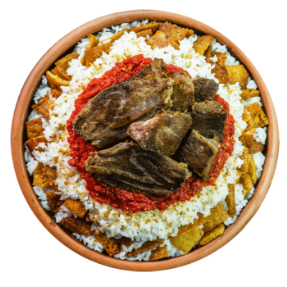

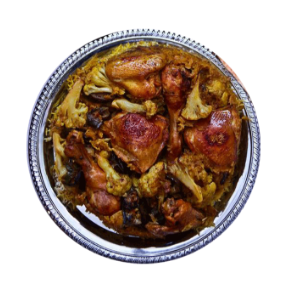
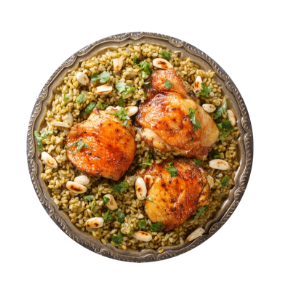

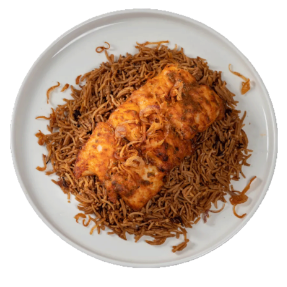



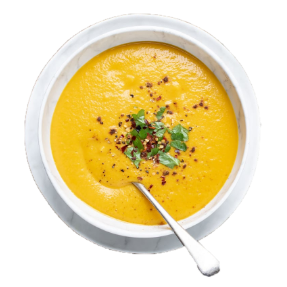





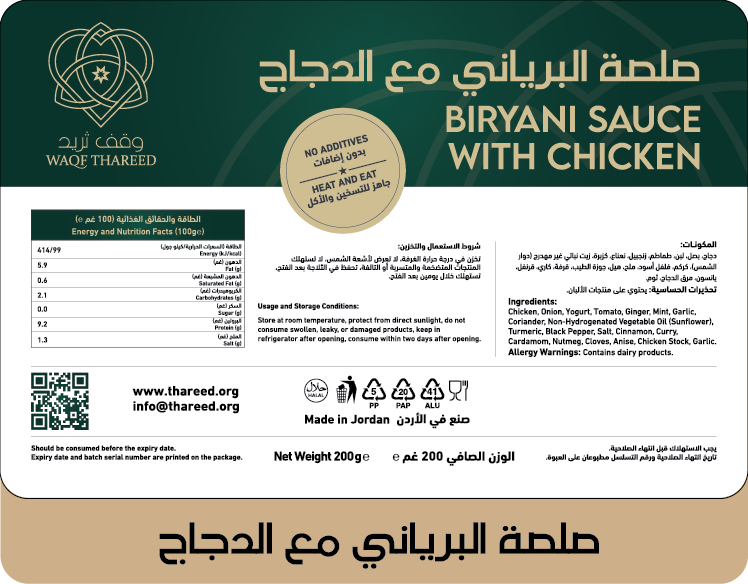
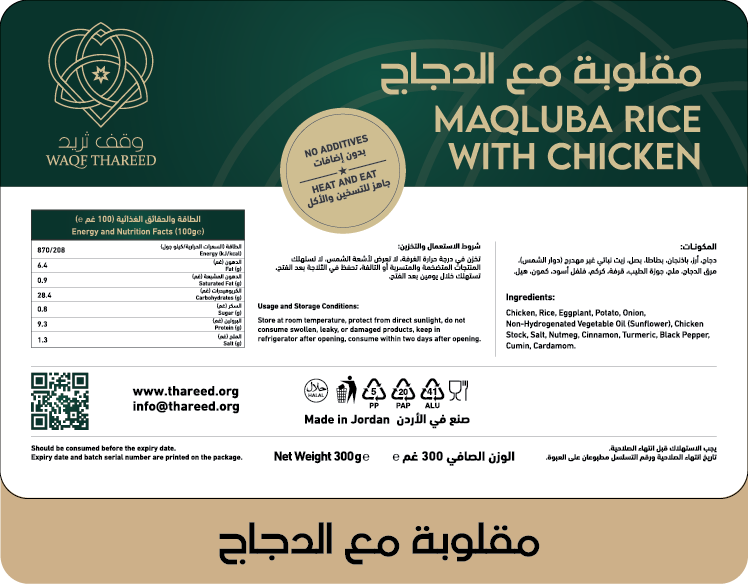


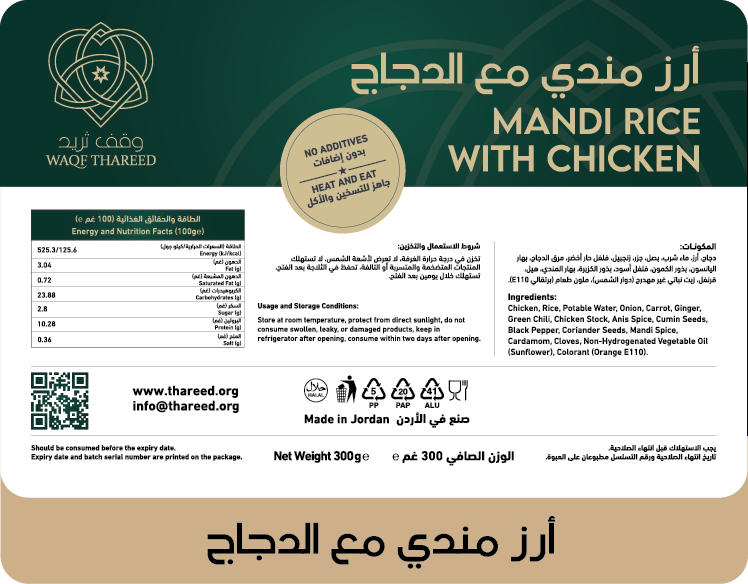
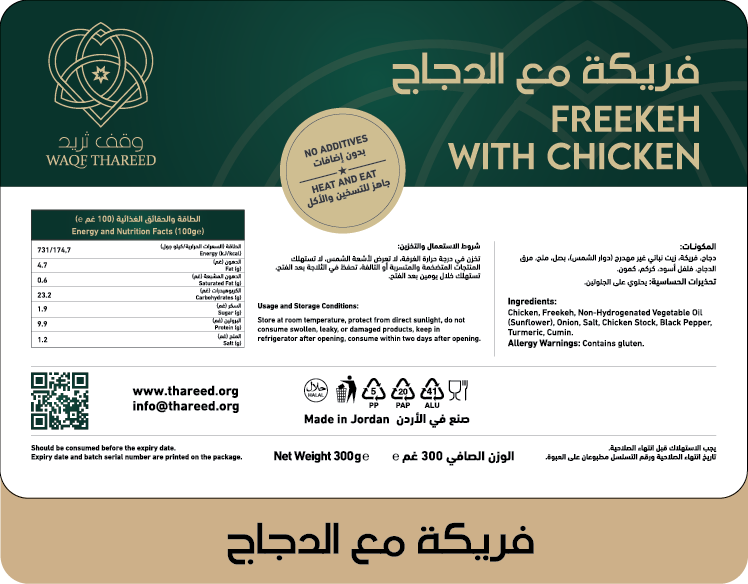
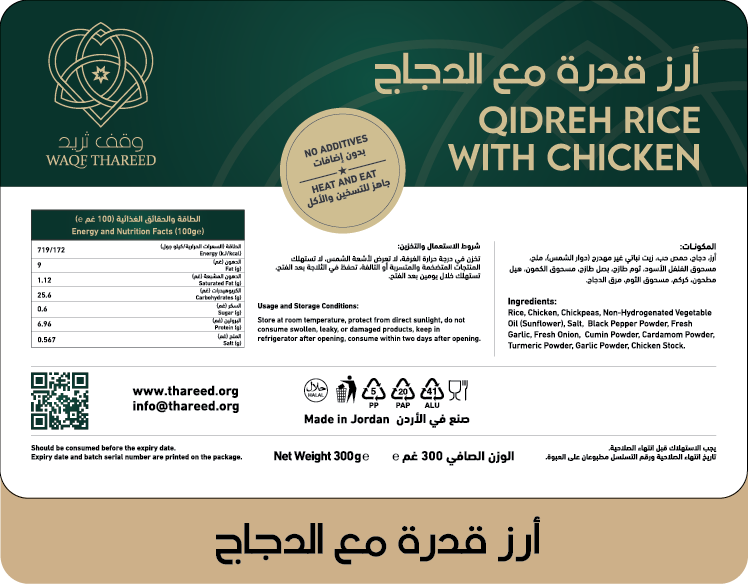
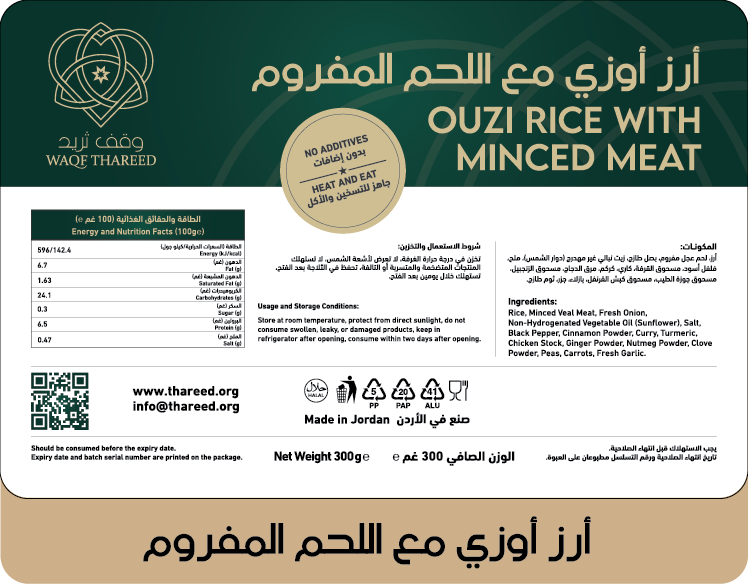

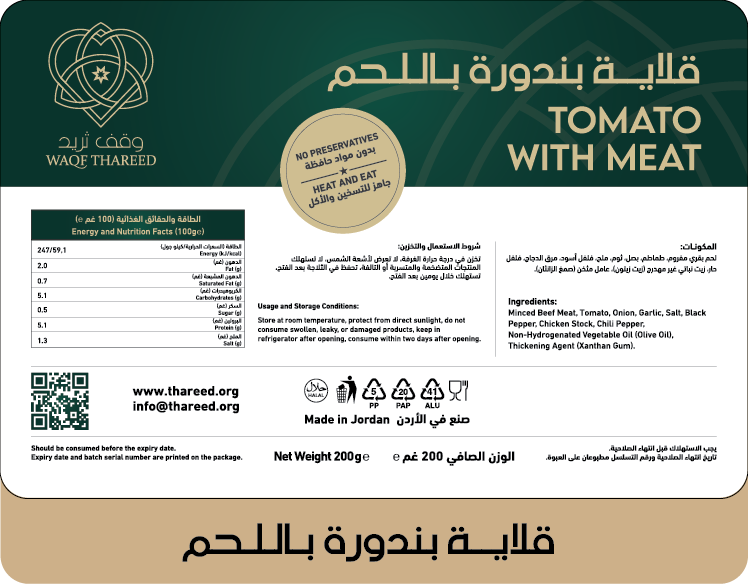

 Resend the code
Resend the code